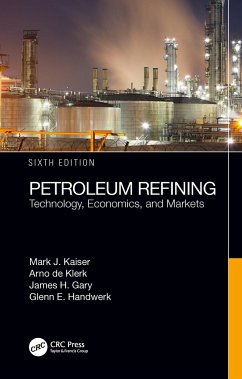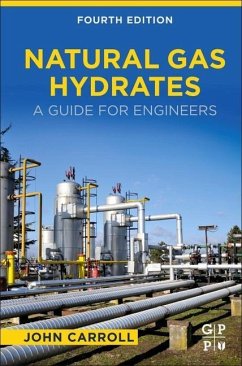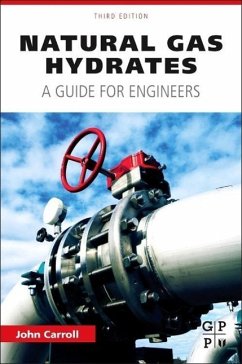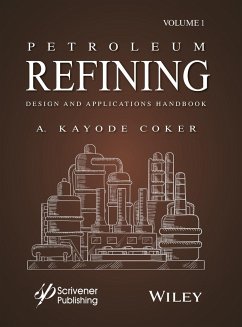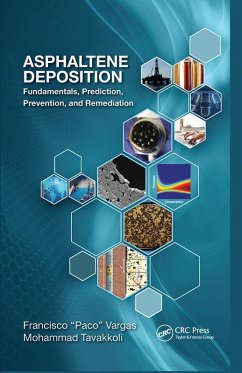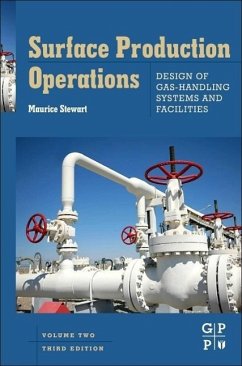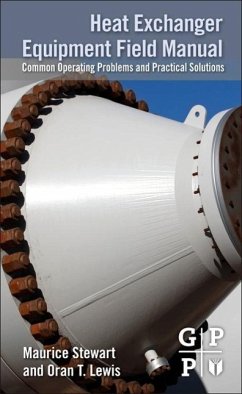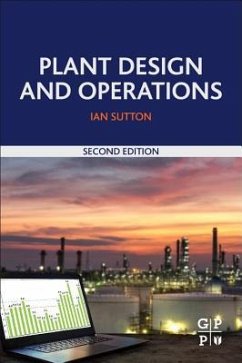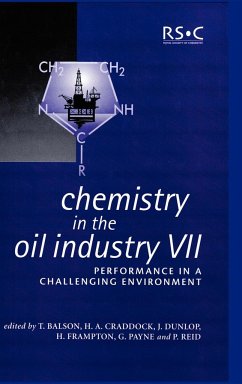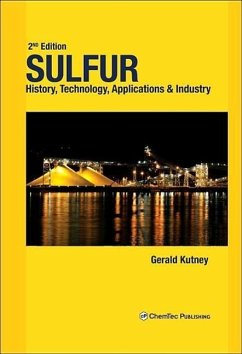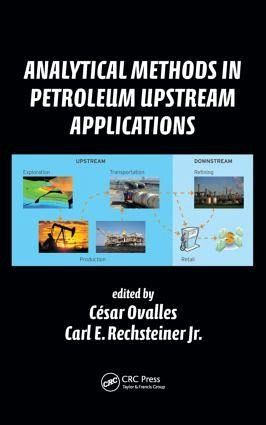
Analytical Methods in Petroleum Upstream Applications
Versandkostenfrei!
Versandfertig in über 4 Wochen
232,99 €
inkl. MwSt.

PAYBACK Punkte
116 °P sammeln!
Effective measurement of the composition and properties of petroleum is essential for its exploration, production, and refining. This volume explores advances in the analytical instrumentation that allow more accurate determination of the components, classes of compounds, properties, and features of petroleum. Recognized experts cover a number of analytical techniques developed for residue characterization and promote understanding of the characteristics of heavy petroleum to address problems in production. The book encompasses a multidisciplinary scope from the fields of chemistry, geology, b...
Effective measurement of the composition and properties of petroleum is essential for its exploration, production, and refining. This volume explores advances in the analytical instrumentation that allow more accurate determination of the components, classes of compounds, properties, and features of petroleum. Recognized experts cover a number of analytical techniques developed for residue characterization and promote understanding of the characteristics of heavy petroleum to address problems in production. The book encompasses a multidisciplinary scope from the fields of chemistry, geology, biology, and petroleum.



